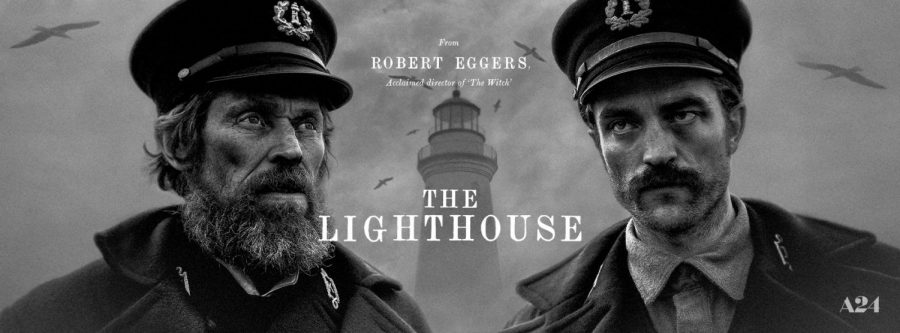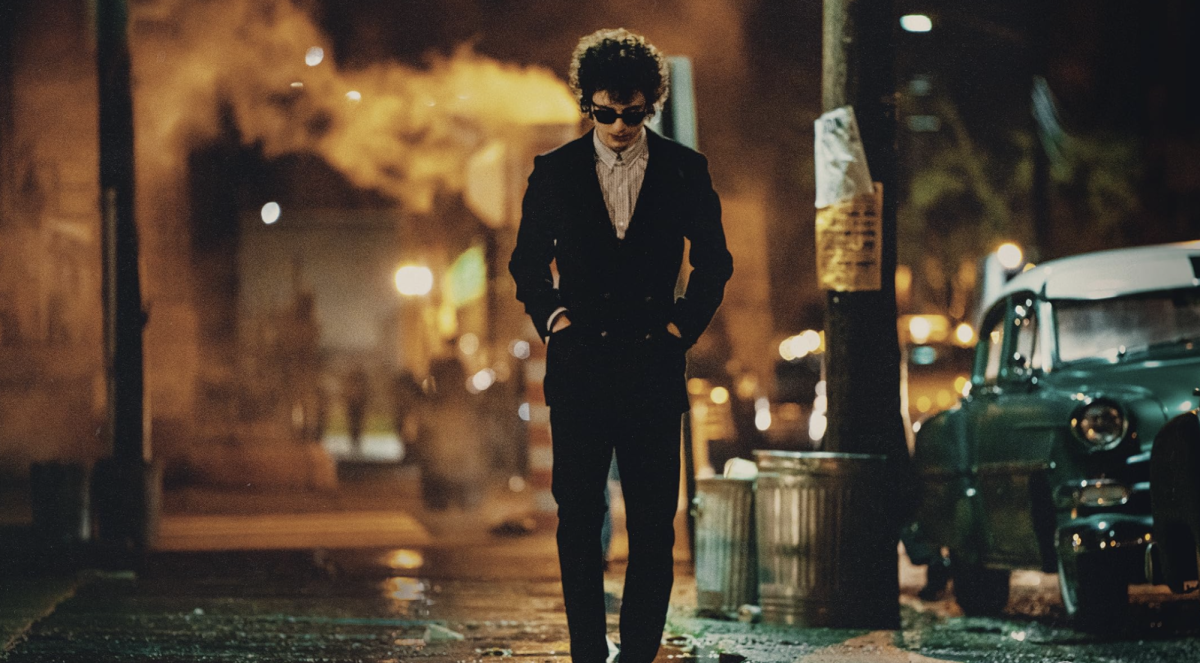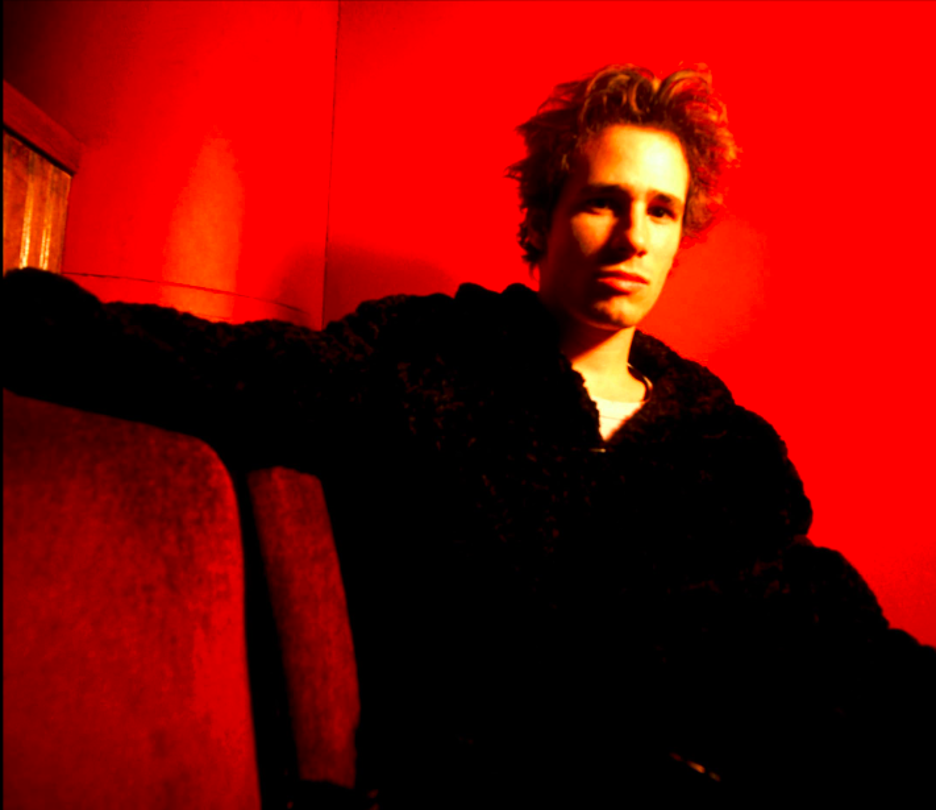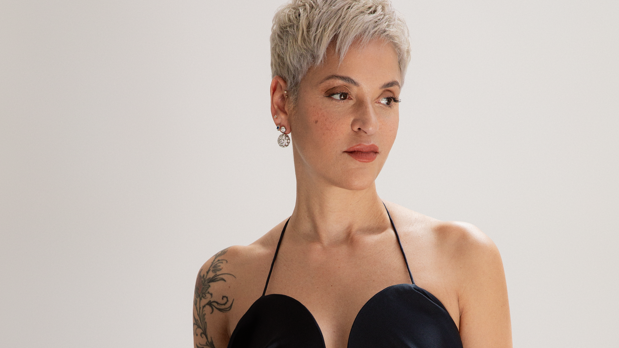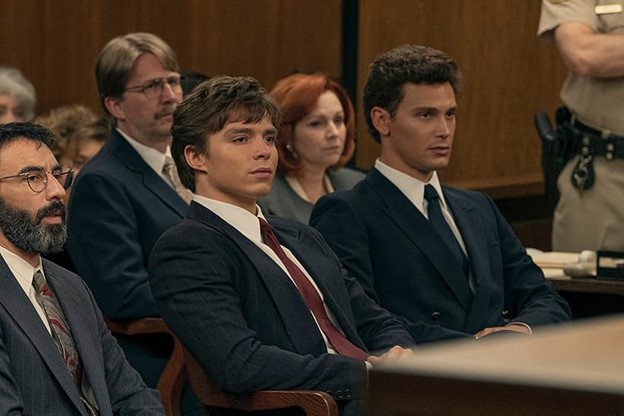Robert Eggers, a filmmaker from southern New Hampshire, demonstrates a passion for New England, the past and the supernatural. His first film “The Witch”(2015)is about witches in Plymouth during the 1630s. His most recent film “The Lighthouse,” playing in theatres now, is a haunting and surreal period piece set off the coast of New England. It is complete with tentacled sea monsters, mermaids and an erect lighthouse that hides secrets in the light. If you choose to go see this film, be prepared for a full cinematic experience.
The atmosphere Eggers creates in “The Lighthouse”sucks the viewer in while they watch two men (Willem Dafoe and Robert Pattinson) who are on a barren rock in the middle of the sea operate a lighthouse. Eggers manages to hold the audiences’ attention for the full hour and fifty-minute duration as the narrative dives deeper into the minds of these characters who progressively grow more insane.
This film can be interpreted in two different ways: the literal and fantastical. “The Lighthouse” could easily be a story about how isolation can drive a person mad or it could be a story about a supernatural lighthouse where sirens and seas monsters really do exist: either way, it is terrifying. Much of the horror of this film comes from the extremely stylized way it was shot. It was not only filmed on film but in high contrast black and white cinematography using 1.19 aspect ratio, which looks like a box. Also, Eggers used “vintage 1930s lenses on contemporary cameras” contributing to the “sense of temporal displacement.” For much of the film, the audience can find themselves squinting to see things clearly amidst all shadows, the rain and the poorly lit 1890s house. The only bright light throughout the entire film is the light that comes from the top of the lighthouse.
The film also puts an emphasis on how bad everything must have smelled. A defining trait of Willem Dafoe’s character, Thomas, is his farting, which eventually becomes a point of contention between the two men. Though technology to smell through film has not yet been widely implemented, with its visuals, “The Lighthouse” comes as close as a film can to having its viewers smell the putrid odors of the rock. Eggers shows tins of waste, Pattinson’ character Ephraim vomit in the flooded house and the food they eat for dinner each night looks like a pile of mush on a plate. Overall, the film is extremely nauseating which reflects how the characters may feel living amongst the stink of the sea.
The film does not only attack the sense visually. Mark Korven’s score is mixed with the incessant sound of the foghorn contributes to the ongoing unease. The continuous sounding of the horn reminds the viewers that mystery lies at the top of the lighthouse.
As of right now, one may be thinking this film sounds like a disgusting horror film about two men and the ocean in the 1890s; however, alongside the woozy visuals, there is also charm and comedy.
Comedy is infused into every miserable event the characters experience. For instance, though Thomas’ farting may be gross, it is also highly comedic that in such a “serious” atmosphere, he farts so casually. Farting humor may be immature, but it is also almost always sure to make audiences laugh.
The writing of this film is extremely nuanced. It is highly comedic and poetic, with a nostalgia for a late nineteenth century, Herman Melville-esque seafaring world. Screenwriters Max Eggers and Robert Eggers did extensive research on lighthouse caretakers during the late nineteenth century in order to capture what the characters’ lives would be like and to nail the dialect that would have been used. The Eggers brothers created a very specific “Shakespeare-meets-pirate dialect” which is emphasized by the strange pirate-like accents used by Pattinson and Dafoe.
Also, everything within the film: the lighthouse, the house attached and the costumes were all built by production designer Craig Lathrop. Every aspect of the film is all period appropriate, down to the cutlery they use at dinner. Eggers does not take history lightly and he was committed to making everything about the design of the film historically accurate.
Additionally, the rock was set off the coast of New England, because according to Robert Eggers, “New England is where white European culture has been around for the longest, so if you’re going to be exploring these kinds of old-timey stories, you want a place that’s been around long enough to have ghosts.” Being set in New England, the film recalls Herman Melville’s novel “Moby Dick” and its New England ties, as Captain Ahab sets sail off from New Bedford, Massachusetts. Ephraim and Thomas’ obsession with the light mirrors Captain Ahab’s obsession with the white whale in the novel.
The film also alludes to several ancient ocean mythologies mentioning King Triton and evil ocean sirens. These allusions to old literary works and ancient legends give a romantic quality to the horrifying lighthouse, making what might be at the top seem mystical and divine. Eggers sums it up perfectly in saying, “the lighthouse is in my film in a mysterious and creepy way, but it’s also there in a romantic and powerful way too.”
Lastly, it is hard to imagine this film without its two stars. Both Pattinson and Dafoe demonstrate strong on-screen chemistry while pacing the dialogue to create moments of comedy and moments of tension within the same scene. They have a natural banter that makes the highly poetic dialogue flow smoothly. They also seem to speak comfortably with the peculiar dialect. Pattinson calls it an “almost English, Dorset accent,” that comes from Maine lobster fisherman. Both actors deliver impressive performances that make the viewers continue to question whether they are actually crazy or whether the supernatural things they are seeing are driving them crazy.
“The Lighthouse” is a stunning horror film and it is sure to both disturb and enthrall. Suspense builds for the entire film, keeping the viewer invested in its world. But as it grows more hallucinatory and the characters descend into madness, or the mystical elements of the lighthouse take over, the questions one may have throughout the film remain unanswered. Eggers truly demonstrates a unique mastery of filmmaking and storytelling that stands out against other films of our time.
Nicole Bates can be reached at [email protected].

